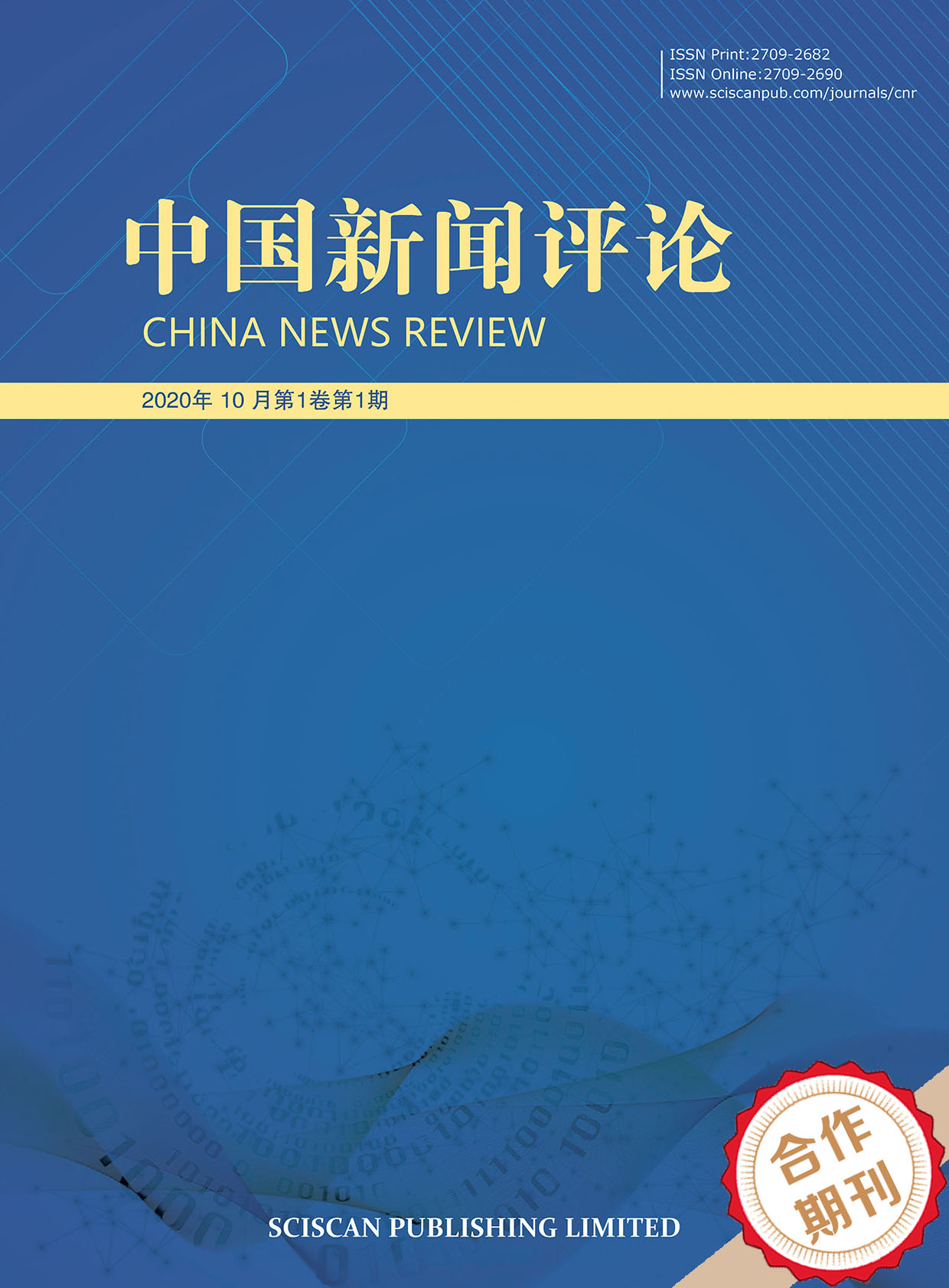China News Review
ISSN Print: 2709-2682
ISSN Online: 2709-2690
Contact Editorial Office
Subscribe to the latest published information from SCISCAN
新媒体环境下错误信息的传播动因与社会影响探讨
Discussion on the Motivation and Social Influence of Misinformation in the New Media Environment
- Authors: 牛静 徐苗
-
Information:
-
-
Keywords:
Misinformation; Information communication; Bias; Platform responsibility; Social influence错误信息; 信息传播; 偏见; 平台责任; 社会影响
- Abstract: Misinformation spread widely in the age of the Internet. Information source, information expression and emotional characteristics accelerated the spread of misinformation, and the public’s cognitive level and risk tend to make it easier for the public to accept misinformation. Truth bias and confirmation bias of the public make it easier for public to believe misinformation. The spread of misinformation has a lot of impacts on the society, affecting the rational decision-making of the public and thus affecting the political life, misleading information affects the public’s health cognition, and at the same time, it will reduce the credibility of the media and aggravate the information disorder. The effectiveness of misinformation warnings issued by media or platforms to protect audiences from misinformation remains questionable. 互联网时代的错误信息传播广泛,信息来源、信息表达形式和信息中的情感特质加速了错误信息的传播,公众的认知水平和风险倾向使其更容易接受错误信息,公众存在的真相偏见和确认偏见加剧了公众对错误信息的信任。错误信息传播对社会产生了诸多影响,影响公众的理性决策进而影响政治生活,误导性的信息影响公众的健康认知,同时还会降低媒体信誉,加剧信息失序。媒体或机构平台会发出错误信息警告以保护受众免受错误信息的误导,但其效果仍值得商榷。
- DOI: https://doi.org/10.35534/cnr.0401001
- Cite: 牛静,徐苗.新媒体环境下错误信息的传播动因与社会影响探讨[J].中国新闻评论,2023,4(1):1-11.
















